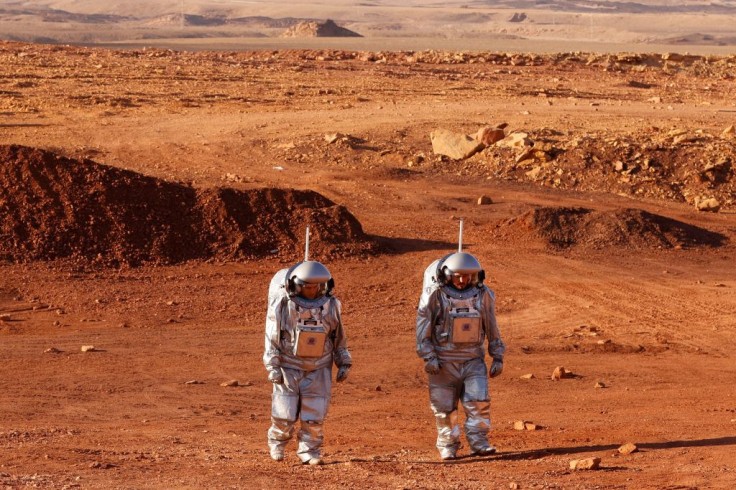NASA is now looking for eligible volunteers to join its yearlong mission to live in a simulated environment on Mars.
The US space agency announced last week it is currently seeking applicants to live and work inside its "1,700-square-foot, 3D-printed habitat" in NASA's Johnson Space Center in Houston.

A four-person crew will be selected to live in the "Mars Dune Alpha" to face challenges personnel will experience in actual Mars, including "resource limitations, equipment failures, communication delays, and other environmental stressors."
The Mars crew will also be tasked to complete simulated spacewalks, robotic operations, habitat maintenance, exercise, and crop
The latest hiring is part of NASA's second of three planned ground-based missions for its Crew Health and Performance Exploration Analog project to prepare for actual inhabitation on the red planet.
How to Apply for NASA's Simulated Mars Mission?
The CHAPEA mission is currently open to all "healthy, motivated U.S. citizens" and permanent residents aged 30-55 years old who are non-smokers.
Applicants will also be required to have a master's degree in a STEM field with two years of professional experience or a one thousand-hour aircraft piloting record.
Candidates with two years of work to complete a doctoral degree in science, technology, engineering, and mathematics will also be considered. This also applies to people who completed a medical degree or a test pilot program.
Aspirants can submit in their applications to CHAPEA's dedicated webpage. Application is open until April 2, 2024.
NASA Opens More Applications for Space Exploration
NASA has been ramping up its applications for its space exploration missions over the past months as its projects near completion.
As of writing, NASA's Artemis mission is expected to accomplish several firsts for US space exploration, including the first woman, the first person of color, and the first international partner astronaut on the moon.
Findings from the Artemis manned missions, expected to launch in September 2025, will provide beneficial information for plans to bring humans to Mars.
Related Article : NASA Unveils Trailer for Major Space Events in 2024









